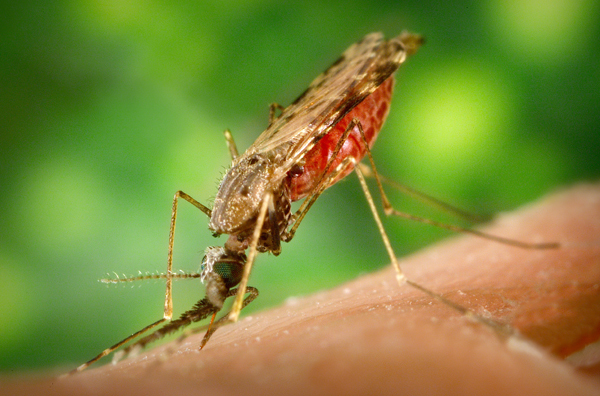An individual in Texas has been diagnosed with a Zika virus infection – a pathogen that has been linked to birth defects in newborns. While this is not the first ever case of Zika in the US, it is the first reported case since the outbreak of the illness in Latin America.
It’s been confirmed that the patient in Texas did not contract the illness in the US, but instead was infected during a trip to Latin America. The concern for officials in the US is that with warmer weather around the corner, the Zika virus – which is transmitted by mosquitos – could be spread throughout the country.
“This is the one case that is diagnosed,” said Dr. Peter Hotez, director of Texas Children’s Hospital Center for Vaccine Development. “It makes me believe there are many more that are not diagnosed.”
Currently, a number of Latin American countries – including Puerto Rico, Mexico and Brazil – have seen outbreaks of the Zika virus. In Brazil alone, over 1,000 babies have been born with microcephaly – a condition characterized by an abnormally small head – and other serious birth defects. These birth defects have been linked to Zika infection during pregnancy. Widespread travel has been implicated as the main mode of transmission of the virus within Latin America and North to the US.
“The concern is, what if we start having transmission of the disease in Texas or the Gulf Coast by the spring when things start to heating up,” said Hotez. “Texas and the Gulf Coast have the perfect storm that makes us vulnerable to arboviruses – diseases spread by insect vectors. Houston is kind of a ground zero for this.”
Texas is home to the two primary mosquito vectors that carry Zika: Aedes Aegypti and Aedes Albopictus. In addition, the climate and rainfall patterns in Houston – along with New Orleans, Tucson and many cities in Florida – are ideal for the mosquitos to thrive.
While the Centers for Disease Control and Prevention (CDC) have not officially announced a direct link between Zika and the recent cases of infant microcephaly, Hotez and his colleagues in Brazil say the connection is clear. Not only did the surge in Zika infections coincide with an increased incidence of newborn microcephaly.
In addition, the virus has been recovered from both the blood of newborns afflicted with microcephaly, and the amniotic fluid of mothers carrying fetuses with small heads. Since researchers won’t be able to develop a vaccine in time for the spring, experts are urging the public to take measures to eliminate standing water – which acts as a breeding ground for the mosquito vectors – and to take steps to avoid getting bitten by ensuring homes have adequate screens.
As pregnant women are the most vulnerable population, more research must be done on the effects of insect repellant use on the fetus. The safety record during pregnancy looks pretty good for things like DEET, but there’s limited information,” said Hotez. “If this becomes a major issue, the CDC may have to issue more serious guidelines for mosquito bite prevention during pregnancy. This is something women may want to do in consultation with their obstetrician.”
Looking ahead, Hotez stresses the importance of developing a vaccine to prevent Zika. “I think there’s going to be a need to accelerate vaccine development, and we need new mechanisms to support organizations – other than the big pharmaceutical companies – such as product development partnerships, nonprofit organizations that use industry practices to make vaccines or small molecule drugs,” said Hotez. “If Zika hits in the summer 2017, it sure would be nice to have a vaccine for pregnant women or women of reproductive age.”
Sources:












Join or login to leave a comment
JOIN LOGIN